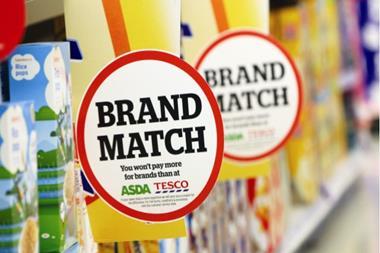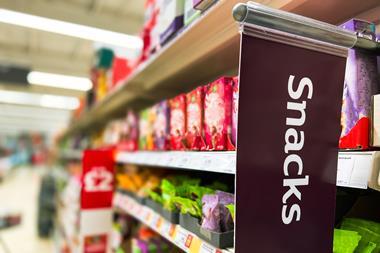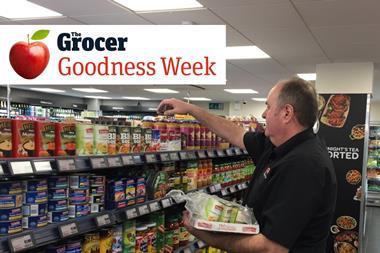The menu of regulatory and enforcement powers for food safety and food fraud in Scotland is changing.
The Scottish government maintains that bad eating habits are the most significant cause of ill health in Scotland, more significant even than smoking. Food-borne disease currently costs Scotland £140m annually, with 130,000 consumers affected every year, some 2,000 of whom are hospitalised. As well as that, the cost of dealing with obesity in Scotland is expected to reach £3bn per year by 2030.
With the Food (Scotland) Bill recently being digested by MSPs at Holyrood, the focus is on the creation of a new body, Food Standards Scotland, which will have a somewhat meatier remit than that of the current Food Standards Agency in Scotland. The FSS will be responsible not only for inspections, monitoring and law enforcement in respect of food imports, exports and establishments like restaurants and takeaways, but shall also regulate labelling and traceability.
At a UK level, the FSA was initially responsible for nutrition policy and food information law - which included product labelling - before Westminster transferred those powers (in respect of England and Wales) over to government departments in 2010. This move was held up as one of the reasons for the UK government’s haphazard response to the horsemeat scandal in 2013.
The horsemeat fiasco was a food fraud issue rather than food safety. Nobody fell ill from eating horse-contaminated meals. Initial fears that horse painkiller phenylbutazone (bute) might have been present in meat, and with it a one in 30,000 risk of harmful side effects, subsided with the knowledge that sustaining even a minimal dose of bute would require the consumption of more than 500 horse-burgers.
If food is considered unsafe then legally it can be seized, detained and destroyed. But the legal position is less clear when it comes to seizing food that, while not unsafe, is not what it says it is. The new Bill directly empowers new regulator FSS to do so. Clearly, horsemeat is not beef and should never have been marketed as such. In many countries it is a cheaper raw material than beef. Amid the fallout, or leftovers, of the horsemeat scandal was the realisation that food industry supply chains across Europe are highly complex.
And as recently as two weeks ago, the UK FSA pledged to investigate claims from consumer group Which? of uncovering “sheep’s cheese in goats’ cheese clothing” in British supermarkets. Some samples of goats’ cheese taken by Which? from various outlets across the UK were found to consist of more than 80% sheep’s milk, a clear case of fraudulent labelling. Suspicions had been raised after a shortage of goats’ milk had apparently had no effect on goats’ cheese supply levels on the shop shelves. Significantly, under the provisions of the new Bill, it would become an offence for any food business to fail to notify FSS if it suspected that food on the market did not comply with the law.
The Bill also brings new administrative sanctions to the table, including compliance notices and fixed penalty fines. These will allow enforcement officers to deal with some food law offences more efficiently than prosecuting through the courts.
If the Food (Scotland) Bill is enacted then the country should have a single, independent and more responsive public body with responsibility for all food safety, hygiene and standards policy. Enforcement powers under the Bill will be extended specifically to cover food fraud matters, helping to ensure that we know exactly what we are tucking into and that we get what we pay for. On top of this, the diet and nutritional health remit of the regulator looks set to expand, which should assist us all in making fully informed food choices.From the consumer’s point of view it’s surely a case, quite literally, of “I’ll have the Bill please”.
Adam McCabe is a solicitor (health, safety & environmental) at Burness Paull



















No comments yet